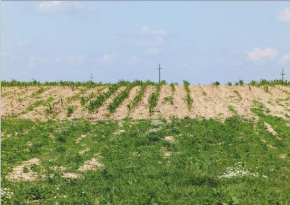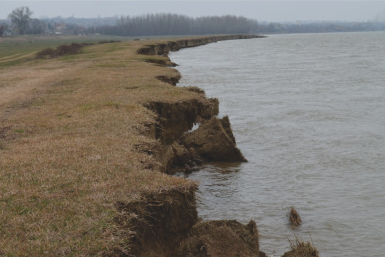Addressing the vulnerability of local people due to Land Degradation: New scientific article
The Romanian BIOTraCes Team from Babes-Bolyai University (UBB), recently published a scientific paper in “Heliyon” titled: Land degradation: Addressing the vulnerability of local people through the lens of transformative change.
This new paper provides insights into the dynamics of land degradation (LD) in rural Romania, offering practical policy recommendations that could have impacts at both the local and national levels. At the heart of the research is the concept of system thinking, an approach that considers the complex interconnections between social, economic, and environmental factors. The study highlights how a participatory process called “Community-Based Causal-Effect Analysis” (CBCEA) helped local communities understand the intricate relationships driving land degradation. By involving community members in identifying solutions, the paper shows how systems thinking can lead to more effective, context-specific governance strategies for managing LD.
The case study in focus was the Bargan Plain in Romania.
Key insights from the article
- For the case study, windbreaks construction and the implementation of resilient irrigation systems were identified as measures that could help mitigate land degradation. However, the study cautions against uncritical adoption of irrigation systems, warning that if not managed properly, they could lock local ecosystems into a cycle of degradation, rather than offering a sustainable solution.
- On the local level, the study proposes a series of straightforward yet impactful policy measures. These include tax exemptions and social aids for rural communities, as well as the creation of a dedicated City Hall department to support small farmers
- At the national level, the findings call for policies that integrate these localized strategies into broader development frameworks. By supporting resilient agricultural practices and strengthening rural infrastructure, Romania can make significant strides toward food security, climate change adaptation, and sustainable development.


